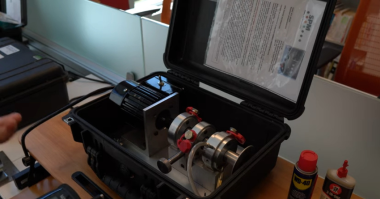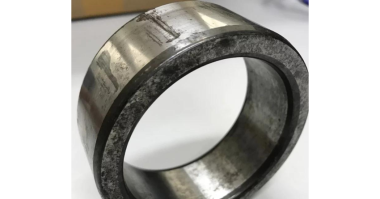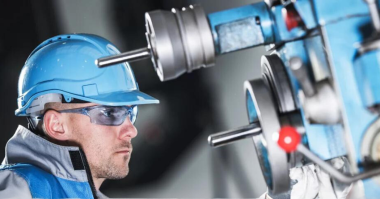Operations needs to be involved in root cause investigations
Operations and root cause investigations should go hand-in-hand. This is In part 2 of this video series, Tor Idhammar and Owe Forsberg discuss a very important part of the partnership that may be missing in your plant business process – Root Cause Problem Elimination or root cause failure analysis (rcfa). Did you miss part 1 of the series? Watch it on IDCON’s YouTube channel.
Operations and maintenance need to be in a partnership to have reliable production.
In this second video of the Operations Maintenance Partnership series, Tor and Owe finish their conversation about How to get Reliability? #1 Partner with operations.
Why operations needs to be trained and involved in root cause
In your Root cause investigations are you including the operations department in the process? If not, you are missing a key contributor. Remember, that problems can be caused by the process not just the equipment. And by having them in the investigation you are eliminating the finger pointing “who’s fault”.
Root cause is often a function of reliability engineering, and the absolutely can facilitate the root cause investigations but root cause investigations isn’t just limited to equipment failures or process issues. Root cause can encompass safety, process, equipment problems, and even HR problems too. That’s a key reason why having operations and root cause. Is your operations team using the same method for solving problems that the maintenance team uses? IDCON’s Root Cause Problem Elimination training is a simple method that everyone can use to solve problems.
Are there processes that don’t need operations’ involvement?
There are definitely some maintenance functions that don’t need operations direct involvement. These included:
- Bills of Materials
- Developing the PM strategy
- Actual planning work
- Training skills for maintenance teams
Should operations manage maintenance?
Their perspective is that having operations manage maintenance may lead to a reactive work environment. However, this topic will be explored further in an upcoming video.
At IDCON, they comprehend the challenges faced in establishing a reliable plant. They offer collaborative reliability and maintenance consulting and training services, ensuring the continuous operation of equipment.
With a history spanning over 45 years, they have collaborated with hundreds of manufacturing plants globally, alleviating the costs and pressures stemming from unreliable equipment. The team at IDCON is eager to extend the same support to others.
For those seeking assistance in maintaining operational efficiency, reaching out to IDCON today could be the solution to keeping their plant in optimal condition.



